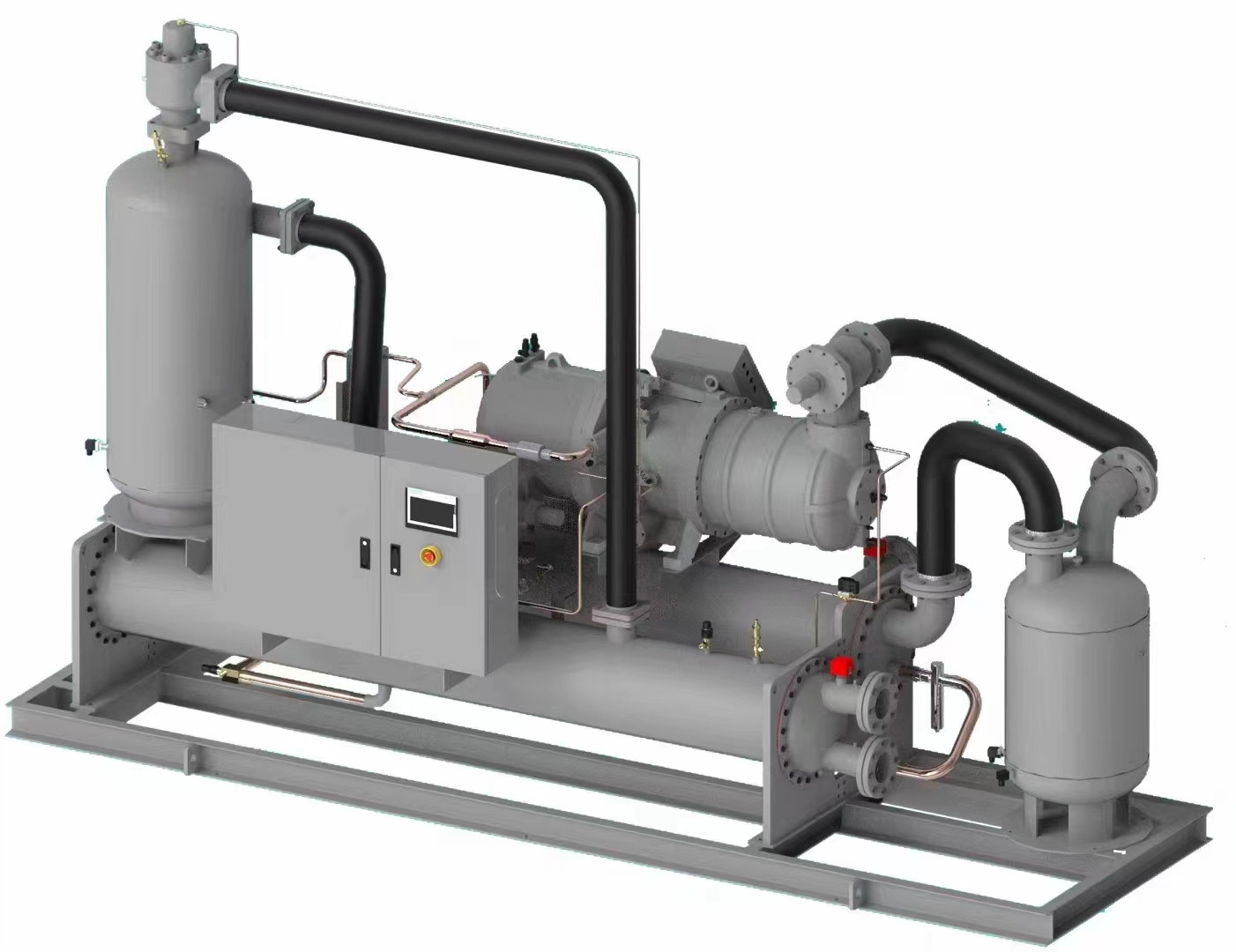Optimal Performance of Commercial Water Chiller Systems for Efficient Cooling Solutions
Understanding Commercial Water Chiller Systems
In the realm of modern commercial buildings and industrial facilities, climate control is a crucial component for ensuring comfort and operational efficiency. At the heart of these systems lies the commercial water chiller system, a vital technology designed to cool large spaces effectively. This article delves into the fundamentals of commercial water chiller systems, their components, benefits, and applications.
What is a Commercial Water Chiller System?
A commercial water chiller system is a mechanical device that removes heat from a liquid through a vapor-compression or absorption refrigeration cycle. The primary function of a chiller is to cool water, which is then circulated through air handling units or Fan Coil Units (FCU) to maintain the desired temperature in a commercial space. These systems are essential in environments where precise temperature control is necessary, such as in hospitals, offices, data centers, and manufacturing plants.
Key Components of a Water Chiller System
1. Compressor The heart of the chiller, the compressor circulates the refrigerant and increases its pressure and temperature. It plays a critical role in the refrigeration cycle.
2. Condenser This component dissipates the heat absorbed from the chilled water. It typically uses air or water to remove heat and can be either air-cooled or water-cooled.
3. Evaporator The evaporator absorbs heat from the water being chilled. As the refrigerant passes through it, it evaporates into a gas, effectively cooling the water.
Types of Commercial Water Chillers
Commercial water chiller systems can be classified into various types based on their design and cooling method
- Air-Cooled Chillers These systems use air to cool the refrigerant. They are typically easier to install and maintain but may be less efficient in high-temperature environments.
commercial water chiller system

- Water-Cooled Chillers These units require a cooling tower to dissipate heat, making them more efficient and suitable for larger applications, although they may require more intricate installation and additional components.
- Modular Chillers These flexible systems allow for scalability, as multiple units can be combined to meet the cooling demands of larger facilities.
Benefits of Commercial Water Chillers
1. Energy Efficiency Modern chillers are designed to operate more efficiently, minimizing energy consumption and reducing operational costs.
2. Improved Comfort By providing consistent cooling, these systems enhance comfort for occupants, which can lead to improved productivity in commercial settings.
3. Versatility Water chiller systems can handle various applications, making them suitable for different industries, from hospitality to manufacturing.
4. Environmental Impact Many modern chillers utilize environmentally friendly refrigerants and advanced technologies to reduce their carbon footprint.
Applications
Commercial water chiller systems have a wide range of applications across various industries. In the food and beverage sector, they maintain critical temperature controls for storage and processing. In data centers, chillers help in maintaining optimal temperatures for servers and equipment. Hospitals rely on them for precise climate control in operating rooms and patient care areas.
Conclusion
In conclusion, commercial water chiller systems are indispensable in today's industrial and commercial environments. Their ability to efficiently cool large spaces contributes significantly to comfort and operational efficiency. As technology continues to advance, water chiller systems become more energy-efficient and environmentally friendly, leading to broader applications and a crucial role in sustainable development. Understanding these systems is essential for businesses looking to optimize their climate control solutions and improve overall efficiency.
















































































































